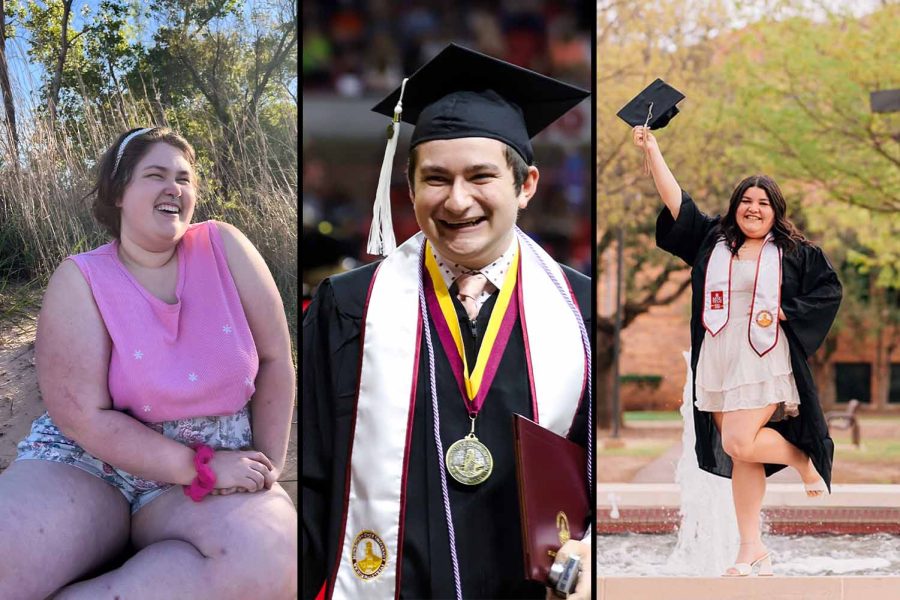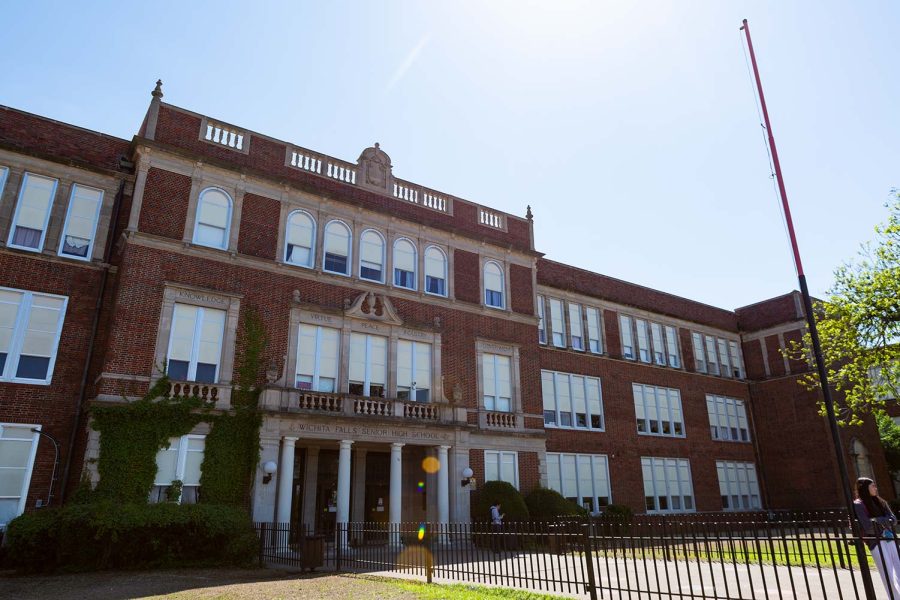Students who have a Facebook account have probably noticed the recent trend that floods their newsfeed.
No, I am not talking about the start of football season, or the posts full of lingering wishes for summertime. I’m not even referring to the overflow of back to school updates or the check-ins at local nightclubs during college night.
I am talking about the political posts that come with the presidential election.
With the upcoming election on the horizon, it seems that everyone is ready to voice their opinion of the candidates and the parties.
Though we most often hear the opinions of friends, classmates or even co-workers, we never question just how someone’s opinion was formed.
Do college students derive their own views based on their parents’ opinions?
Perhaps from their peers or from another source entirely?
I decided to conduct a survey to determine what factors help shape students’ political views.
Steve Garrison, the chair of the political science department, allowed me to survey one of his classes.
There were a 38 participants in the survey, 19 were male and 19 were female.
Out of these participants, 25 students said they were registered to vote, while 13 students said they were unregistered.
Only three of these students were still under the legal age to vote.
When asked where the students first heard political opinions from, 53 percent of students said that they first heard political opinions from their parents.
The second highest source that students used to base their opinion was the media (such as television and the newspaper) with 40 percent of the students citing it.
School and social media (such as Facebook and Twitter) tied at 5 percent, with peers being the least cited source at only 2 percent.
Interestingly, students cited the inverse information when asked where they got their main source of political information: 60 percent of students said that the media was their first source of information, with parents trailing in second at 20 percent.
Social media, such as Facebook, was the third most popular source of information, with 10 percent of the students claiming that as their political resource.
Based upon the results of the survey, it appears students first gain an opinion about politics from home, and then go on to expand their opinion based on media outlet information.
Despite the belief of some, it is obvious that many student actually pay attention to what is going on in the national news.
They might get the news in different ways, but at least they are informing themselves.
Knowledge is power so with the election almost a month away it is important for all students to not only have a voice, but use it responsibly!







